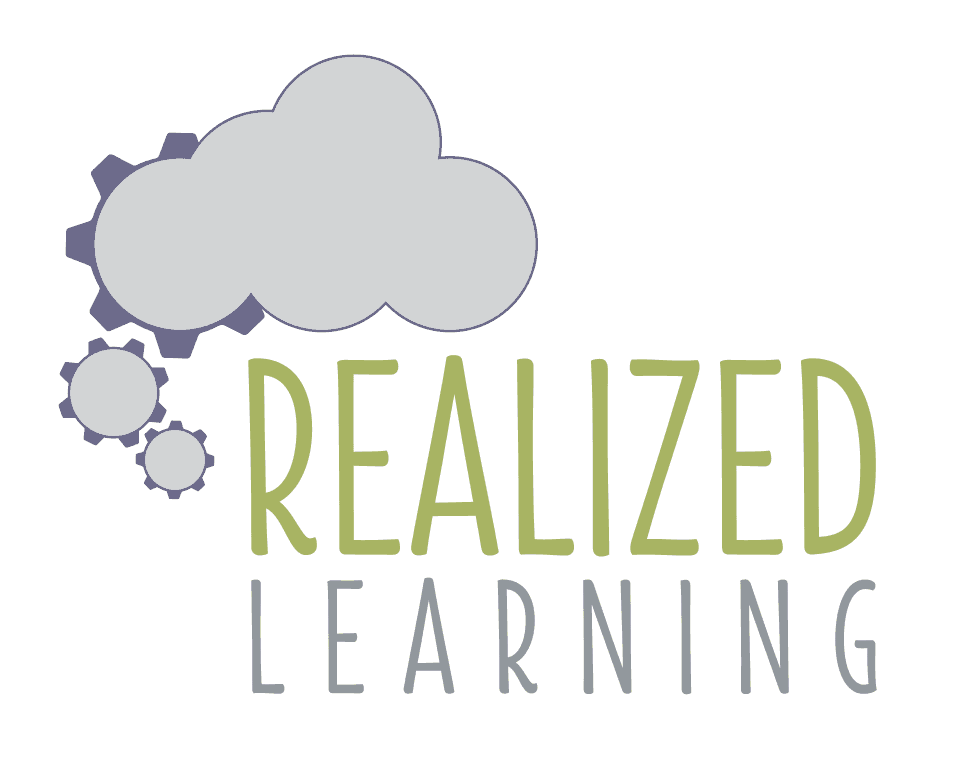For most children, summertime is a break from school. Other children learn year-round and beat learning regression by homeschooling or doing summer tutoring. The rigors of a typical school year can leave children feeling worn out and desperate for some much needed time off to run and play and be outside. However, for struggling and even average learners, taking a complete break from education can be detrimental to their overall progress and can widen the gap between low and high achievers. This isn’t to say your child needs to be doing 6 hours of schooling every day throughout the summer. But a little can go a long way if applied properly. If you are not able to enroll your child in weekly tutoring, here are two things you can do for just 15-20 minutes a day to help your child diminish learning regression and keep their minds sharp.
- Reading OUT LOUD
-Oral reading fluency (how quickly and accurately you read) is contingent upon reading out loud. If you read in your head, it’s easy to skip words you don’t know, misread words, and you have no auditory feedback. You also have no sense of your reading pace. Not only should your child read out loud for 15-20 minutes a day, but it’s important to do repeated readings. Reading the same thing over a few times a week is what builds and maintains reading fluency. Have a kiddo who hates speaking in front of the class or giving presentations? Reading out loud builds confidence. Check out my blog post on becoming a better reader for more information.
- Mental math
-Mental math fluency needs to be maintained in order to stay strong. The old saying “if you don’t use it, you lose it” rings true. Students who practice mental math daily spend less time on math problems in general and have a higher percentage of correct answers. Practicing “make 10 facts” (numbers that add up to make ten) can be transferred to multi-digit addition and subtraction such as 67+3=70 or 70-3=67. Students can practice multiplication facts and division facts for increased speed. See my blog post on building mental math fluency for more information about mental math fluency.
